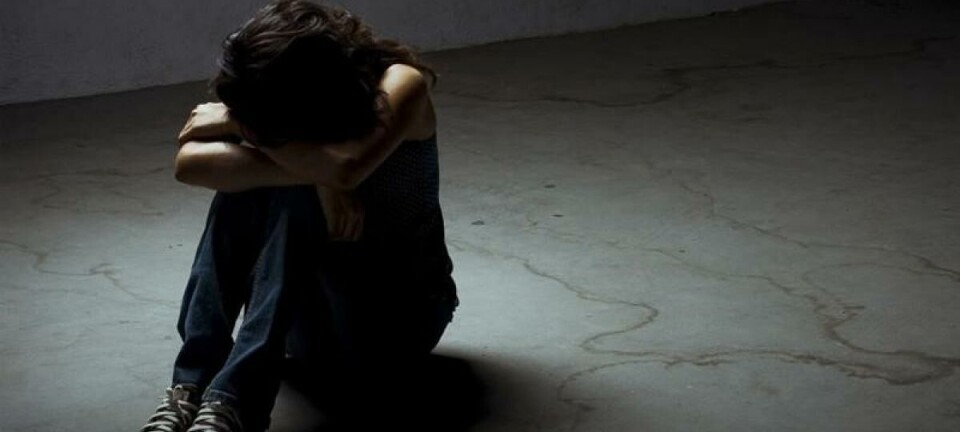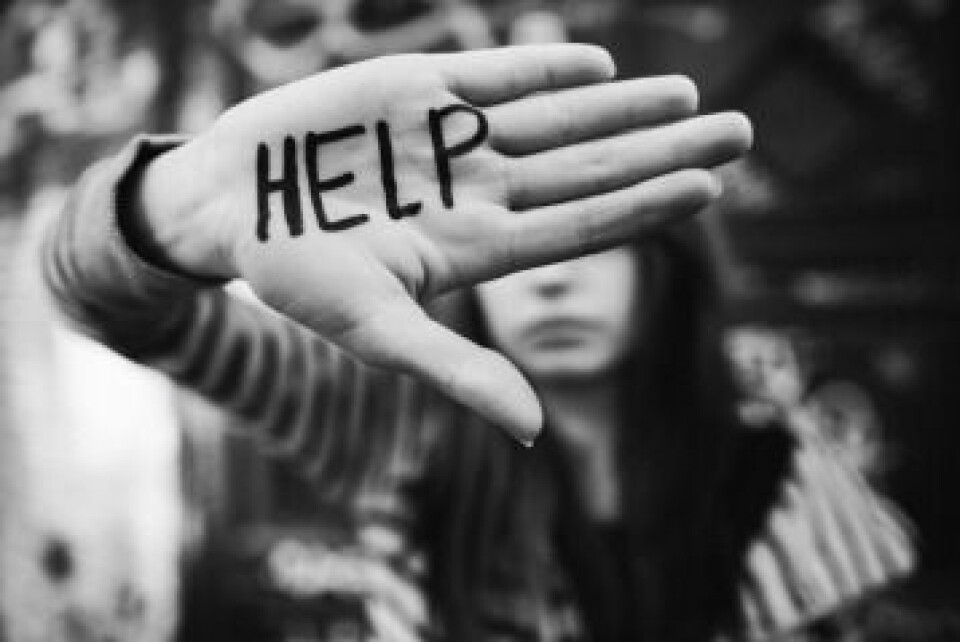article> Internationals
People need to stop romanticizing mental illnesses

Romanticizing of Mental Illnesses
by Mahrukh Mirza
Contributing Writer
Self loathing is a problem, not a trend. Anorexia is an illness, not a life choice. Bulimia is a tragedy, not an option. There is nothing beautiful about harming yourself. And then after all this they conveniently say, to be misunderstood is one of the worst feelings.
In this day and age, mental illnesses are arguably the most overly glorified phenomenon. So much so that people, perhaps unconsciously, have started to idolize it. As preternatural as it sounds, it is indeed the unfortunate reality of our generation.
There is more to the romanticisation of mental illnesses than what appears to be at face value. Take social anxiety, for example. This is an actual, certified psychological disorder, and yet despite this some people believes it’s perfectly reasonable to label it as “cute”. People who have to face life in spite of these impairments will tell you it’s anything but that. It is a vulnerability, not an attraction.
But it doesn’t end here.

Society as a whole has become deluded with the notion that mental illnesses are somehow oddly enchanting. Romanticism of mental disorders leads to the creation of a false image. Put another way, it attaches an uncharacteristic and unrealistic impression to a particular mental illness. People who manifest signs of severe mental illnesses are more often than not ashamed to speak out about it. They are quite often embarrassed of their limitations and yet here we are projecting their insecurities for all to see and in a manner which does not even make sense. If this isn’t humiliating and painful I don’t what is. Ours is a generation lost in the realms of illusions and misconceptions.
We are not inanimate objects, we possess the ability to think and rationalize and thereby come to logical conclusions. Glorification of a mental illness is anything but that.
But it doesn’t end here.
Anorexia, for example, is foolishly perceived by many as an ideal way of life. These people consider anorexics to be individuals of immense will power and self control; never stopping to realize that this is not a way of life, but rather a terrible disease. Somehow we have led ourselves to believe that anorexia (among other mental illnesses) is desirable, that it is not a disability but instead a captivating phenomenon. Ask a frail, almost diminished anorexic, and they will tell you without a shadow of a doubt that it is anything but that.
But it doesn’t end here.

Furthermore, social media too is caught up in this ruthless and relentless fever. You will find distorted perceptions of mental illnesses everywhere. Regardless of how different the mental illnesses may be from each other, the bottom line is the same. Be it depression, schizophrenia or dyslexia, the concept is perpetual and consistent- glorification, beautification and romantification of all these extremely unpleasant psychological illnesses.
It almost seems as though virtually everyone is caught up in a race to prove that they are more depressed than the other. Almost as though the more depressed you are, the more popular you will be. Henceforth, the question arises, why do people indulge in exalting mental disorders? A simplistic yet perfectly plausible explanation could be that we really do fail to comprehend the impact of this on those who are actual victims of a mental illness. A more cynical approach would suggest that in order to hide our own insecurities, we tend to prey on the disabilities of others. In doing so, we derive some sort of sick pleasure which helps us to forget our own short-comings, even if temporarily.
However, whatever the reason for this maybe, this much is certain that it is in fact a very real menace, and one which invariably has an astoundingly negative impact on the development of a psychological patient. These individuals, for instance, are inevitably distressed and disturbed when they come across misinterpreted images of their illness or a flawed projection of it.
I, for one, earnestly believe that we as a nation and the world as a whole need to put things into perspective and endeavor to put an end to the glorification of mental illnesses.





